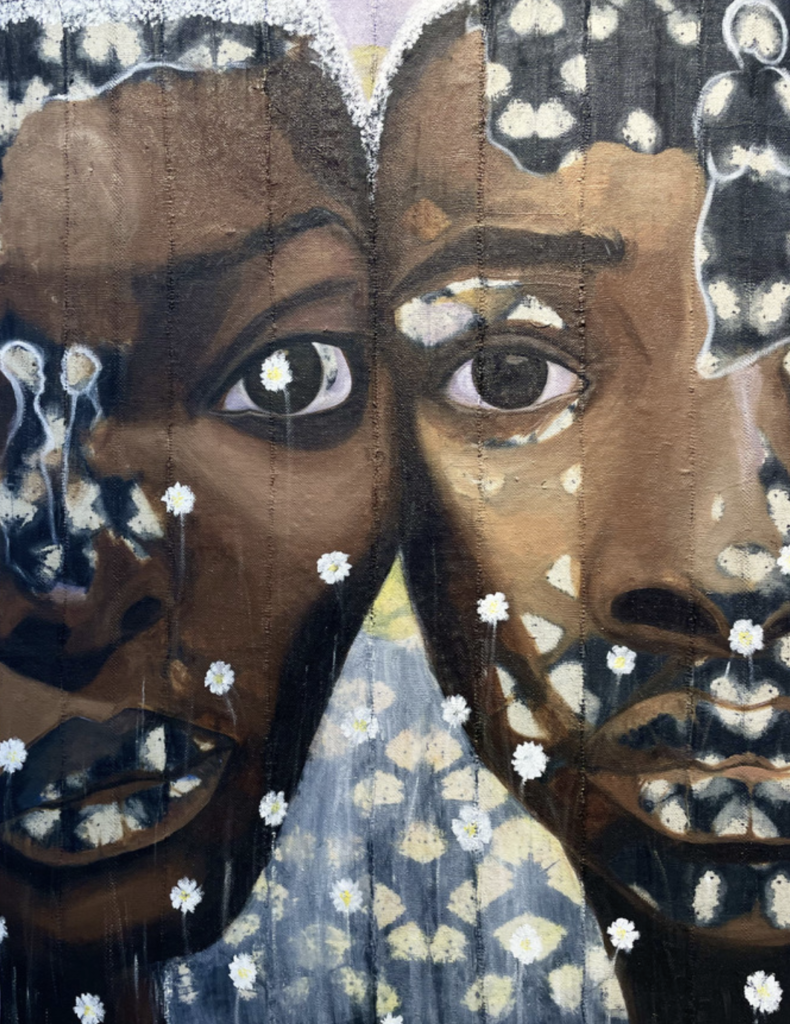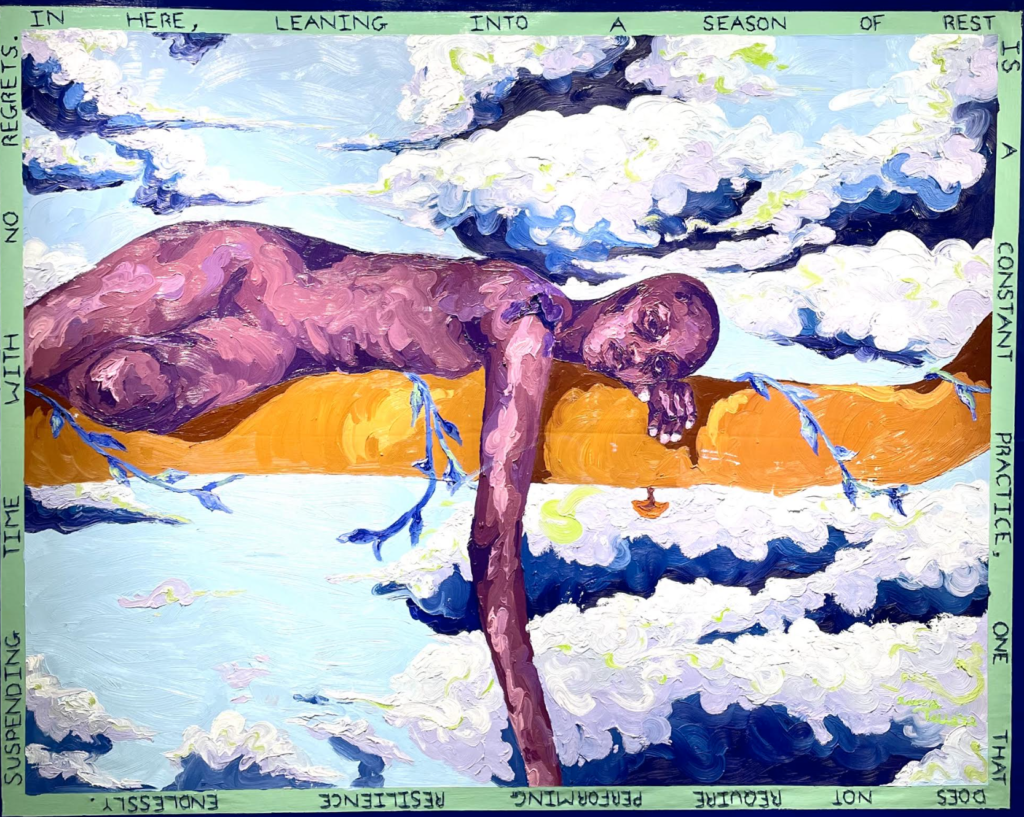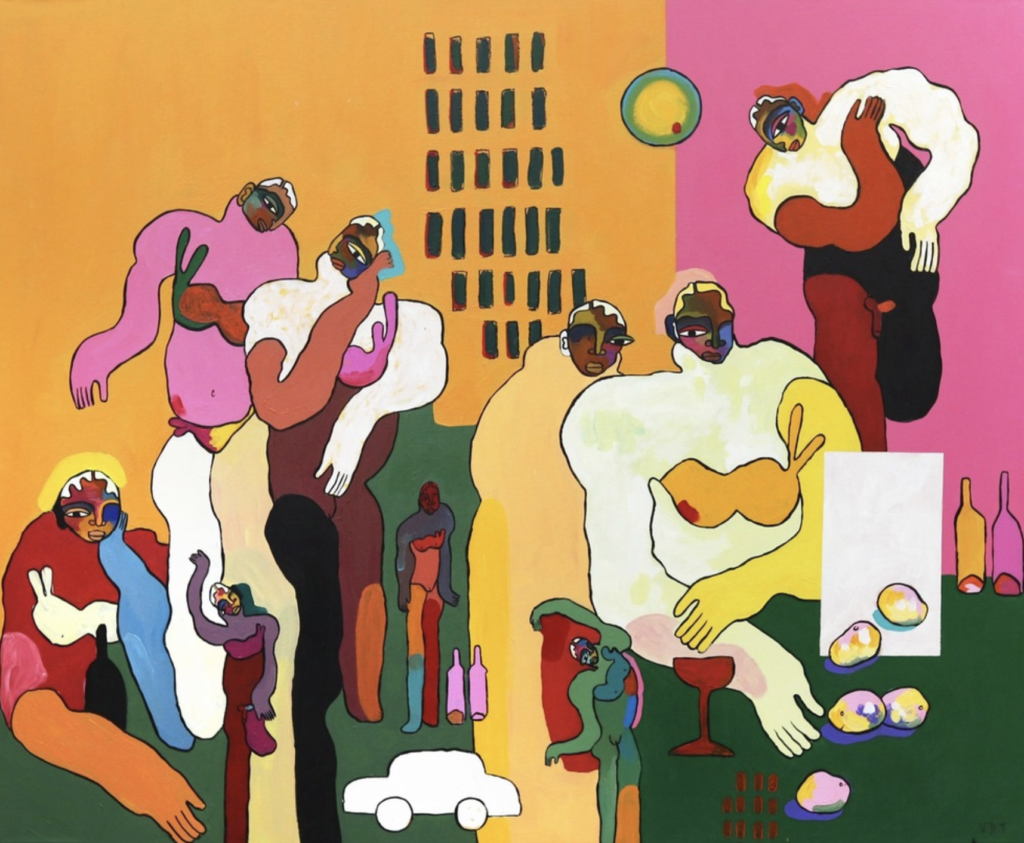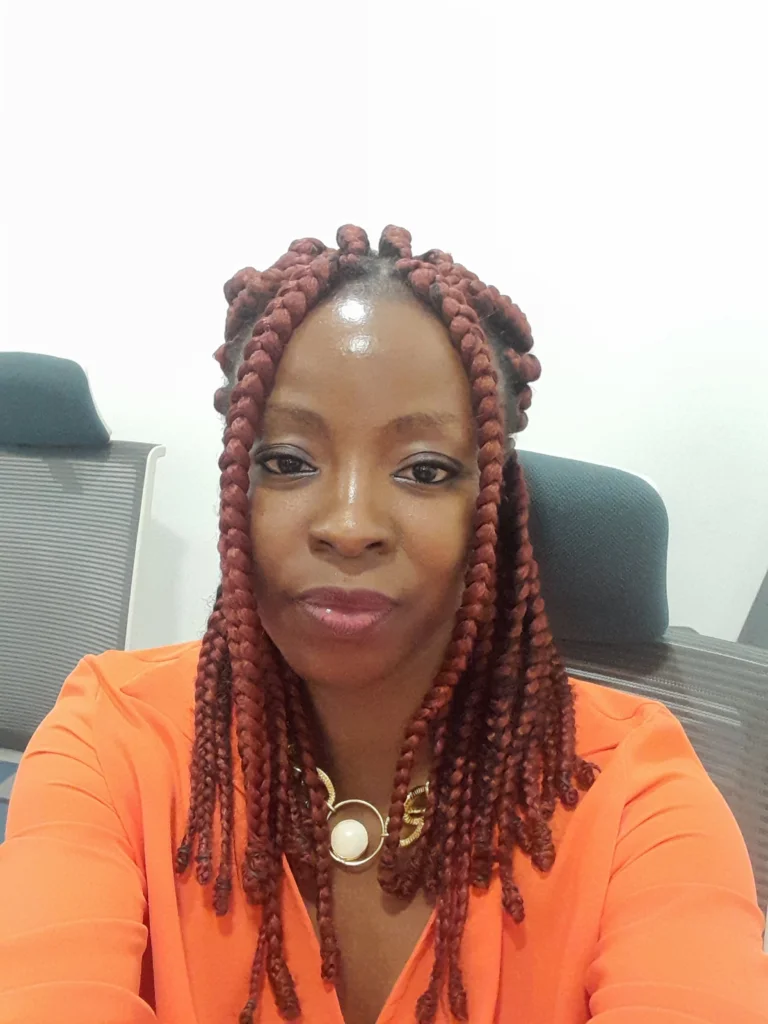Experimentation is a journey and building up a recognizable art practice takes time. For most artists, it is something that is honed after years and years of practising. By the time an artist arrives at a place that looks and feels authentic, that’s when success usually follows. So, it can be difficult, and counterintuitive even, to “go back to the drawing board” or switch things up in favour of seeing what else is out there, or in this case, on the inside. Here are a few reasons, why experimentation is integral throughout the lifespan of your art career.

153 × 122 cm
Image courtesy of Affinity Art Gallery
Experimentation leads to failure
Yes, failure can be a good thing and, in this case, a stepping-stone to something else. For experimentation to be truly successful, artists need to commit to experimenting without any limitations. Will experimentation always lead to success? First it helps to redefine what success looks like when going into an experimental phase because somewhere in the discarded projects and materials, is what you’re searching for or at the very least, the winding path that will lead you there.
Experimentation leads to growth
The foundation of any form of artistry is experimentation. When most artists achieve a certain level of recognition, experimentation usually takes a backseat in favour of commercial success which is to be expected. But it is easy to become stuck in that cycle, so taking the time occasionally, to ruminate and try new things will only benefit an artist’s career in the long run. Growth requires movement.

Image courtesy of Affinity Art Gallery
Experimentation builds confidence
Coming out from a successful experimental phase builds confidence. And ‘successful’ here will mean different things to different artists. Experimentation isn’t always easy. It can be a very difficult and laborious process for many and so it instils a sense of trust in one’s abilities to weather it.
It Improves artistry
The importance of experimentation is that it encourages the artist to explore new techniques, confront new ideas, try new processes, learn new skills, and expand their artistry. It also helps in purging out all the ‘bad art/ideas’ and getting it out of the system. It’s like when cleaning a pipe, water is poured into it to flush it and at first the water that comes out is dirty, but eventually clean water starts to flow through again.

Image courtesy of Affinity Art Gallery
It’s like a refresh button for art
The most obvious benefit of experimentation is the effect it has on what matters most; the art. It is sometimes obvious when an artist has settled in. The works of art they produce no matter how seemingly different, are all the same at the end of the day. Many artists worry about alienating their collectors and followers but those who truly get it, will journey with you.
The results of experimentation are not always drastic. But you can feel it in the works of artists who are committed to the practice of it. It is a lifelong commitment and there is no age limit or expiry date and artists like Professor Bruce Onobrakpeya are a testament to this truth. Other artists like Wanger Ayu, Roanna Tella and Valerie Etitinwo to name a few, also embrace experimentation and it is evident in their work. Experimentation will vary from artist to artist but what is important to remember is that for artists who practice it, you can always see that a new boundary is being tested in the pieces they create. It’s what gives art its timeless and alluring quality.
Written by Moni Aisida of Affinity Art Gallery

Moni is a natural observer of life who channels her genuine interest in human behaviour into every aspect of life including art. Always one willing to delve into new experiences, she waltzed into the art scene in 2016 after working in various industries including health and fin-tech. Moni combines a keen interest in psychology, cultural analysis, storytelling and art by finding an outlet for her creative expressions in the fast-paced Lagos art world. She is passionate about social justice, mental health, womanhood and using art to tell stories. She lives and works in Lagos and her goal is to improve the quality of life of at least one person.


